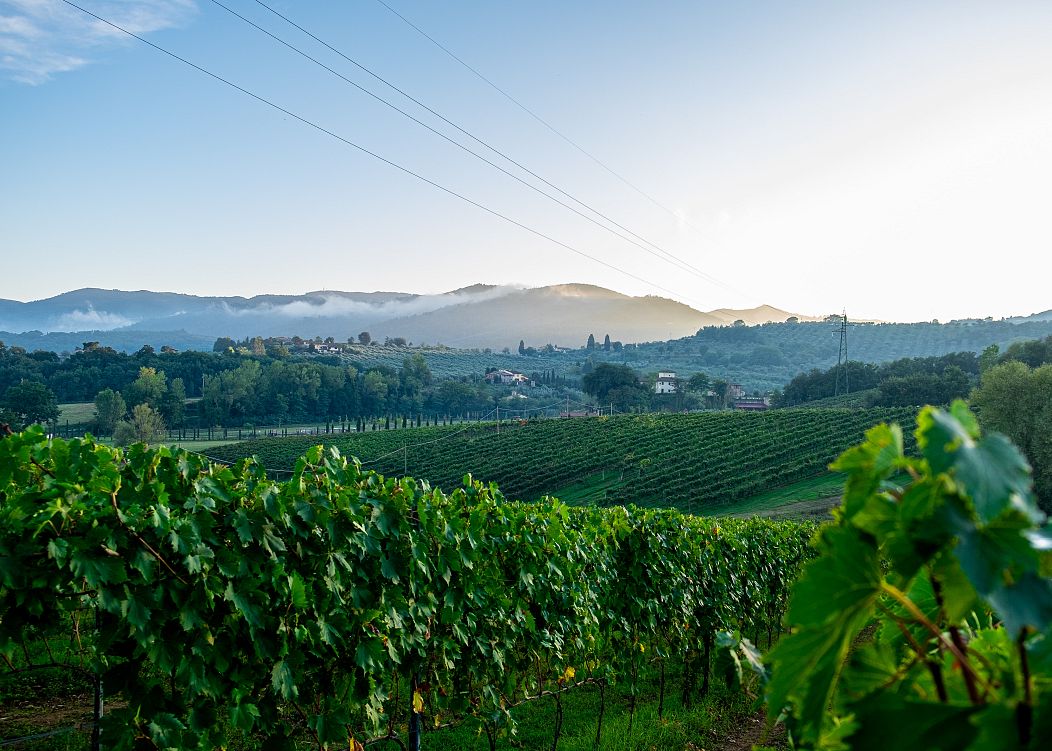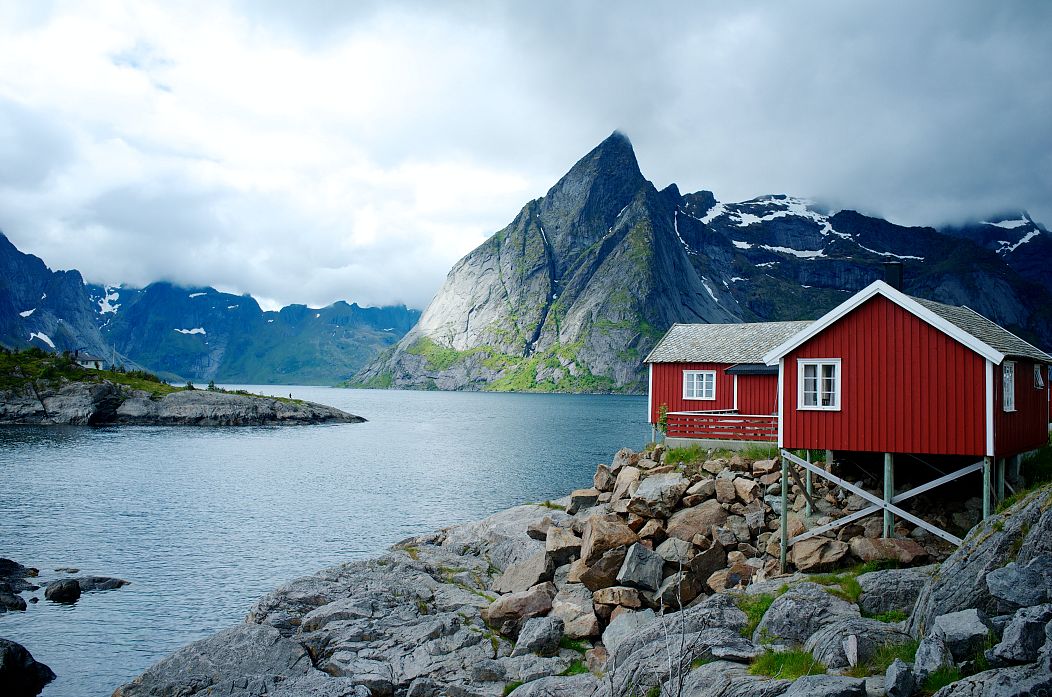COVID-19 has left urbanites weary and craving connection with the earth. 'Cultivications' are the next big thing.
During lockdown, there was a clear desire among city dwellers for learning how to grow vegetables, connect with the earth and make things by hand (just look at how gardening and bread-making took off on Instagram).
When it comes to travel, it makes sense then that urbanites will be seeking opportunities to establish connections with nature and agriculture - hence the 'cultivacation' trend (a portmanteau of 'cultivation' and 'vacation'), which is expected to take off in 2021.
Lockdowns mean we're suffering from urban fatigue
As the pandemic makes time in crowded cities feel less desirable, trips to more rural and forested settings (where the risk of contagion is lessened) will see a rise in travellers seeking to spend time on farms, ranches and self-sufficient hotels where they can harvest fruit, collect eggs from chickens and learn about medicinal herbs.
After months of sitting at a home desk, they can also flex their muscles by chopping wood, riding horses and hiking in the wilderness.
In the UK, culinary travel company Sorn arranges 'epicurean adventures' that include learning how to smoke trout and identify edible mushrooms, along with taking part in al fresco banquets for family and friends.
Meanwhile, in the US, Yonder is a travel booking platform similar to Airbnb that specialises in outdoor agri-retreats ranging from vineyards to fishing lodges.
It's all about happiness
What’s fuelling this shift to the simple life? Put simply – it makes people happy. According to a 2020 report from the Sustainable Development Solutions Network for the United Nations, the happiest countries in the world were: Finland, Denmark, Switzerland, Iceland and Norway.
Although the report cites many different metrics when it comes to assessing happiness (from freedom to trust in government), it does cite a correlation with access to nature.
“Sampling the happiness of more than 20,000 users of the smartphone app Mappiness, people living in the UK report the highest happiness when outdoors and in natural habitats relative to dense urban areas," says the report.
"In particular, they are happiest when close to marine and coastal marginal areas; mountains, moors, and heathland; and woodland.”
Flemming Schiøtt Hansen, co-founder of Swedish off-grid retreat Stedsans in the Woods, which is located by a lake and has its own permaculture plots, explains the benefits of self-sufficiency.
“Living off the land gives you food in flavours and textures that are superior to what you can buy. It also gives you vitality, vitamins and sunlight while you get good bacteria on your hands and in your gut – keeping your body healthy.
"The satisfaction of growing food releases dopamine. It’s therapeutic!”
As many people reassess the way they are living – some even realising they can move out of cities and work remotely now there is not the same imperative to commute to an office – cultivacations will be the short-term remedy they are craving so deeply.
Not everyone has easy access to a garden or allotment, but spending a week or two helping with a harvest, observing seasonal changes and the role of wildlife will help tech-addicted urbanites regain balance and improve their mental health.
Jenny Southan is editor and founder of travel trend forecasting agency Globetrender.













